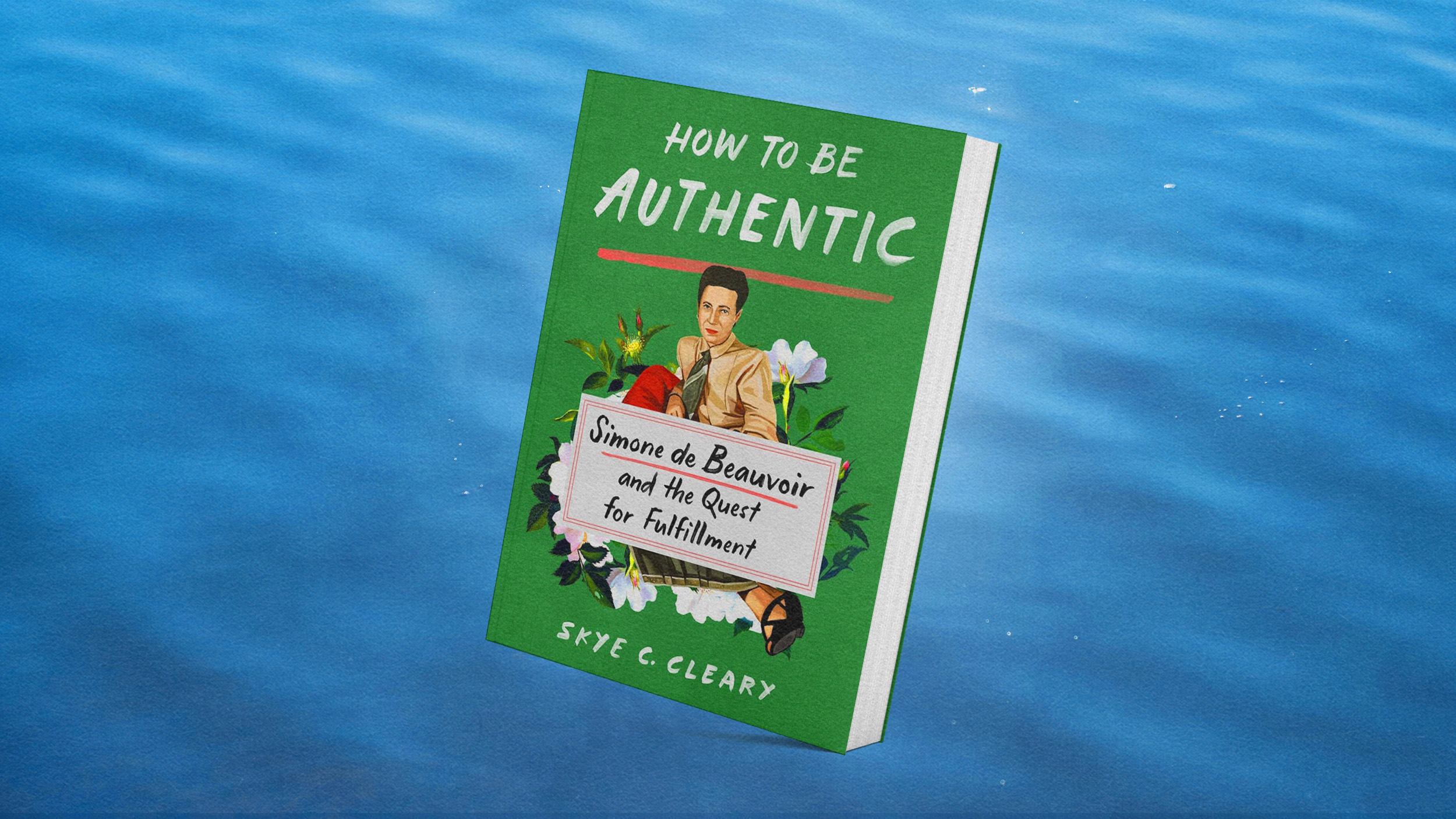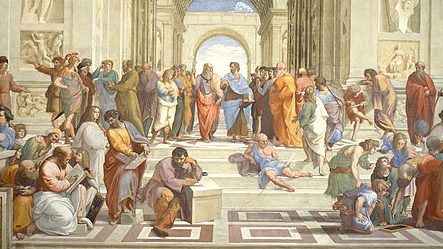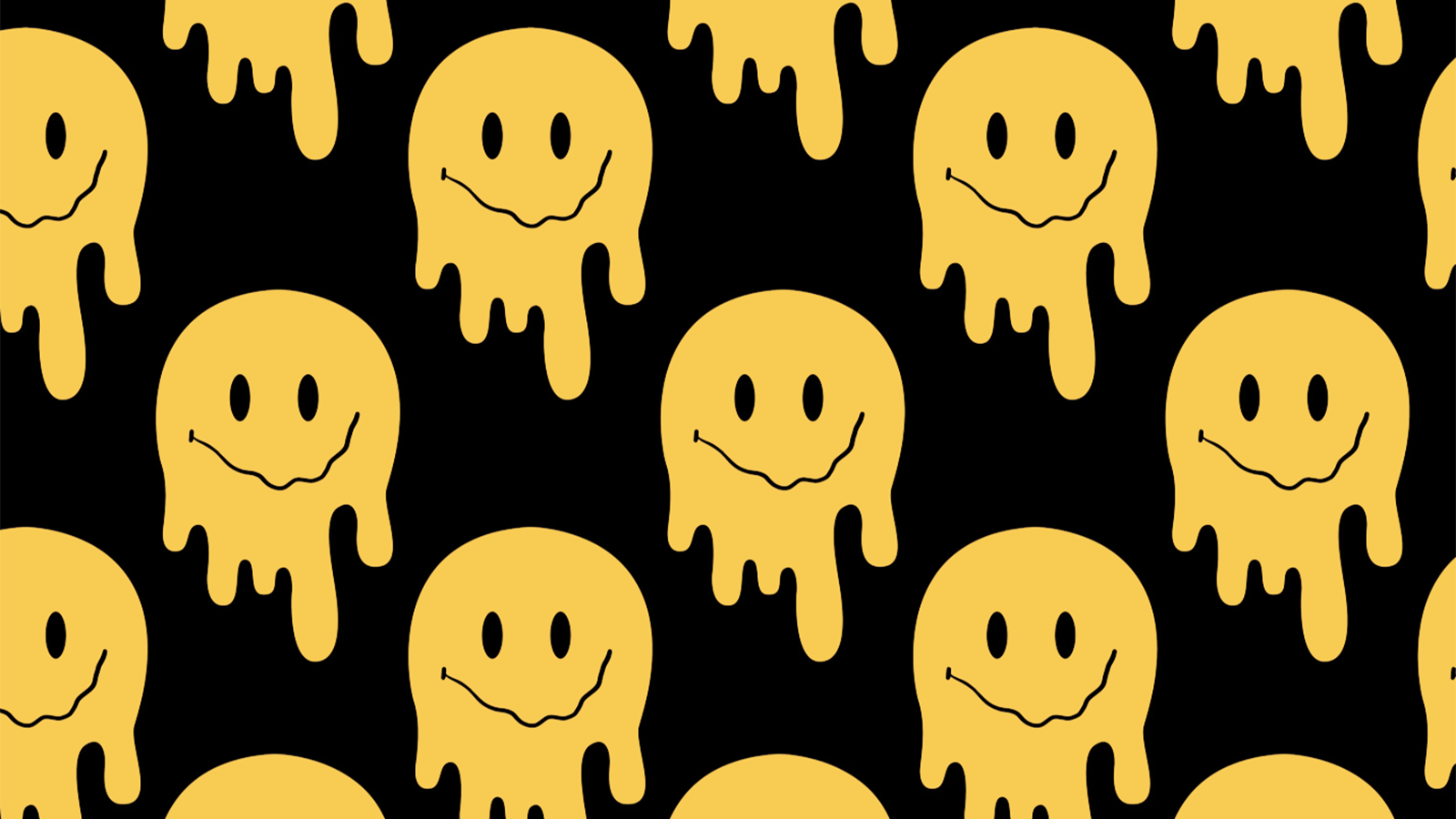Want to Be Happy? Don’t Pursue Happiness

Happiness seems to be all the rage these days. Jonathan Haidt explains how your happiness “set point” can be changed with Prozac or electroshock therapy, Robert Thurman argues that true happiness arrives when you aren’t paying attention, and Will Wilkinson encourages us to reflect on our happiness hermeneutic. Last week, I explored recent research on the connection between political ideology and happiness.
And those are just examples from the Big Think archives. Elsewhere, happiness research saturates the airwaves and courses in “positive psychology” and the “scientific pursuit of happiness” are increasingly popular undergraduate courses.
The happiness trend is not entirely new, of course. Aristotle’s fundamental aim in his ethical theory was to specify the building blocks of “eudaimonia” (literally, “being true to your spirit” but usually translated, misleadingly, as “happiness”). The Founders famously specified “life, liberty and the pursuit of happiness” as the raison d’etre of government in the Declaration of Independence. But never before have human beings been treated to so many recipes for happiness based on so many studies showing how strongly exercise, quality time with friends and family, work, marriage, sex, parenthood, bungie jumping, etc. factor into one’s subjective happiness level.
One approach to this new science of happiness is to question its very basis, as one of my readers did last week:
Let’s begin with the psychologists who claim that they’ve invented an instrument to measure “happiness” with. I am reminded of a poem by e.e. cummings about the son of a bitch who invented something to measure Spring with, although I cannot make the title or exact quotation work out. And then let’s look–critically? clinically?–at the people who rate high on such measures. Then too, as John Stuart Mill wrote, it is better to be Socrates unhappy than to be a happy pig. — “Kettler”
The e.e. cumming reference is to this poem; the Socrates/pig reference is to Mill’s essay “Utilitarianism” where he distinguishes between “higher” and “lower” pleasures and opposes Jeremy Bentham’s more democratic view that (in Mill’s paraphrase) “pushpin is as good as poetry.” This reader’s approach paints happiness research as a vain attempt to capture the ineffable: happiness is more esoteric and less measurable than psychologists assume.
The cummings and Mill references work at cross-purposes, however. Where cummings seems to deny that Spring (or happiness) should be measured by anybody for any reason, Mill is pushing for a more sophisticated happiness metric. Mill proposes that we can objectively determine what pleasures are “higher” by asking individuals who have experienced both Mozart and Milli Vanilli, say, whether they would be willing to give up the former for an unlimited amount of the latter. Would you burn your Mozart LP collection in exchange for a continuous loop of “Blame It On the Rain”? If not, you know that listening to Mozart is a more worthy pleasure than indulging in unlimited lip-synched 1980s pop.
My doubts about Mill’s recipe for distinguishing higher and lower pleasures are beside the point, so I won’t list them. I only wish to point out that Mill was concerned, above all, with what brings elevated happiness. He is a forerunner of the 21st-century positive psychologist, just with an elitist streak and without a lab.
For a truly different account of happiness — one that takes the pursuit of happiness to be fundamentally misguided — we turn to Immanuel Kant. Kant might sound preachy to the modern ear, but his message is an important antidote to the apparent consensus that we should spend our lives aiming to make ourselves happy.
Consider this first paragraph from chapter 1 of his “Groundwork for the Metaphysics of Morals”:
Nothing in the world — or out of it! — can possibly be conceived that could be called ‘good’ without qualification except a GOOD WILL. Mental talents such as intelligence, wit, and judgment, and temperaments such as courage, resoluteness, and perseverance are doubtless in many ways good and desirable; but they can become extremely bad and harmful if the person’s character isn’t good — i.e. if the will that is to make use of these gifts of nature isn’t good. Similarly with gifts of fortune. Power, riches, honour, even health, and the over-all well-being and contentment with one’s condition that we call ‘happiness’, create pride, often leading to arrogance, if there isn’t a good will to correct their influence on the mind. . . . Not to mention the fact that the sight of someone who shows no sign of a pure and good will and yet enjoys uninterrupted prosperity will never give pleasure to an impartial rational observer. So it seems that without a good will one can’t even be worthy of being happy. (emphasis added)
Happiness is not an unalloyed good, Kant says. Without the correct character and orientation, without a sense of duty, without a conception of what one ought to do and how one ought to treat one’s fellow human being — without a good will — happiness is just an animalistic state of mind. The real goal of a human being should not be to be happy but to be worthy of happiness.
And for Kant there is tragic irony in dedicating one’s life to the pursuit of happiness — you will never reach it:
What we find in fact is that the more a cultivated reason devotes itself to the enjoyment of life and happiness, the more the person falls short of true contentment; which is why many people — especially those who have made the greatest use of reason — have a certain hostility towards reason, though they may not be candid enough to admit it.
Another trip to the Self Help aisle of the bookstore will not pay dividends. Trying another path to happiness is not the path to happiness.
Lest you despair at this point, Kant’s account comes with a silver lining. Happiness comes to those who dedicate themselves to the moral path and a life of duty. As long as you are acting in accordance with rational principles of morality, and not heteronomously aiming for a happier existence as your fundamental life goal, your chances of enjoying a happy life are pretty high. Don’t aim for happiness, and you’ll probably reach it. Or so says Kant.
Image credit: shutterstock.com
Follow Steven Mazie on Twitter: @stevenmazie





